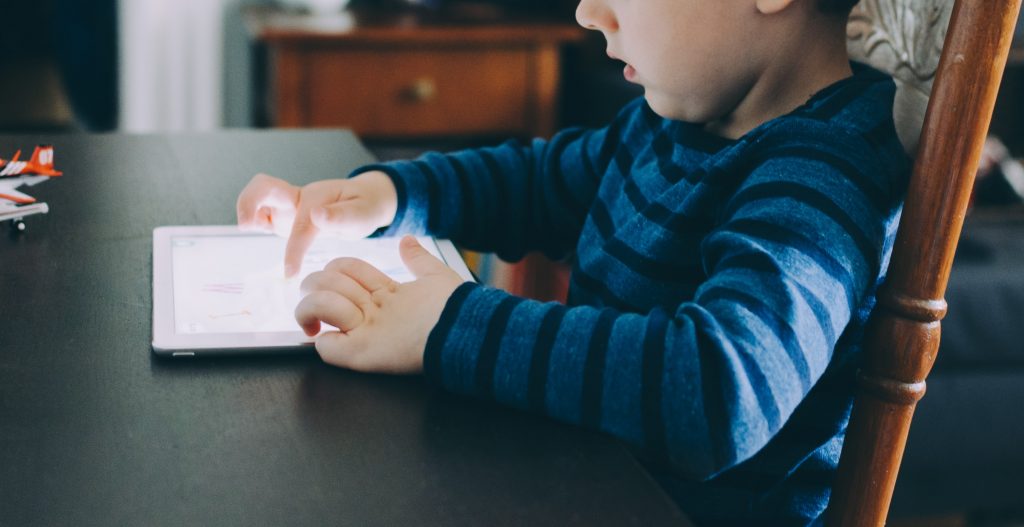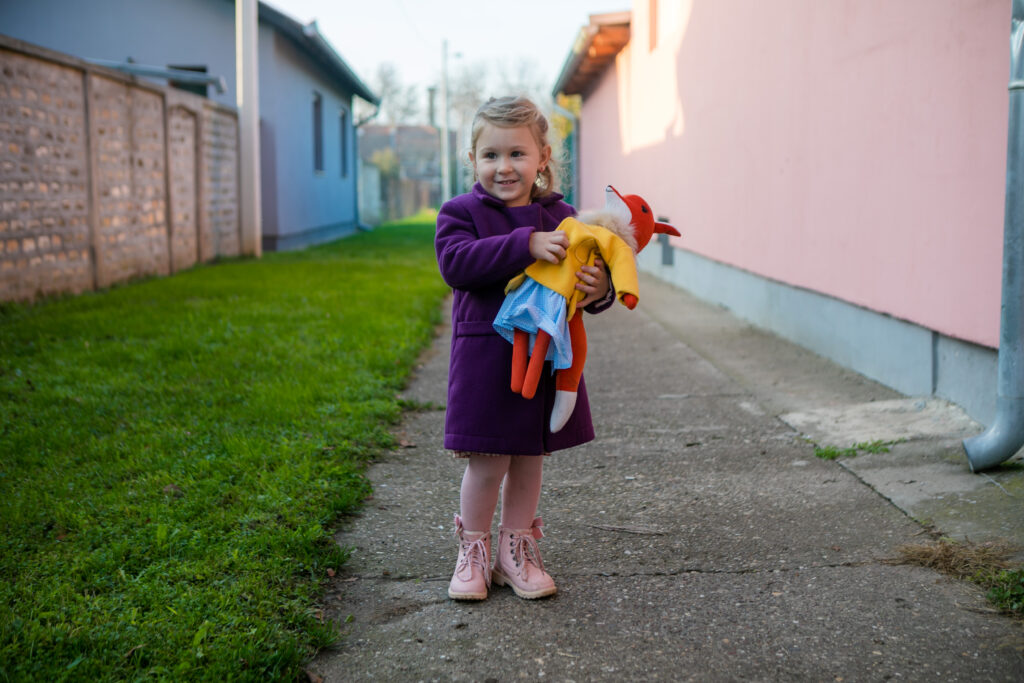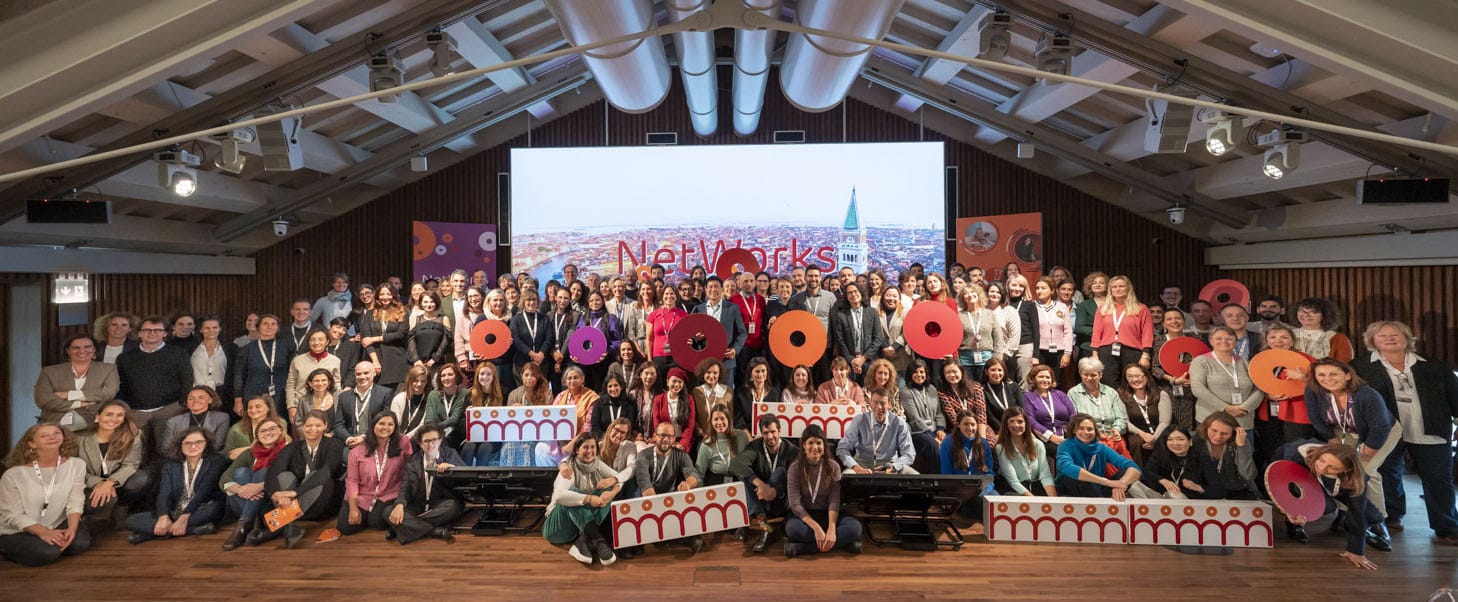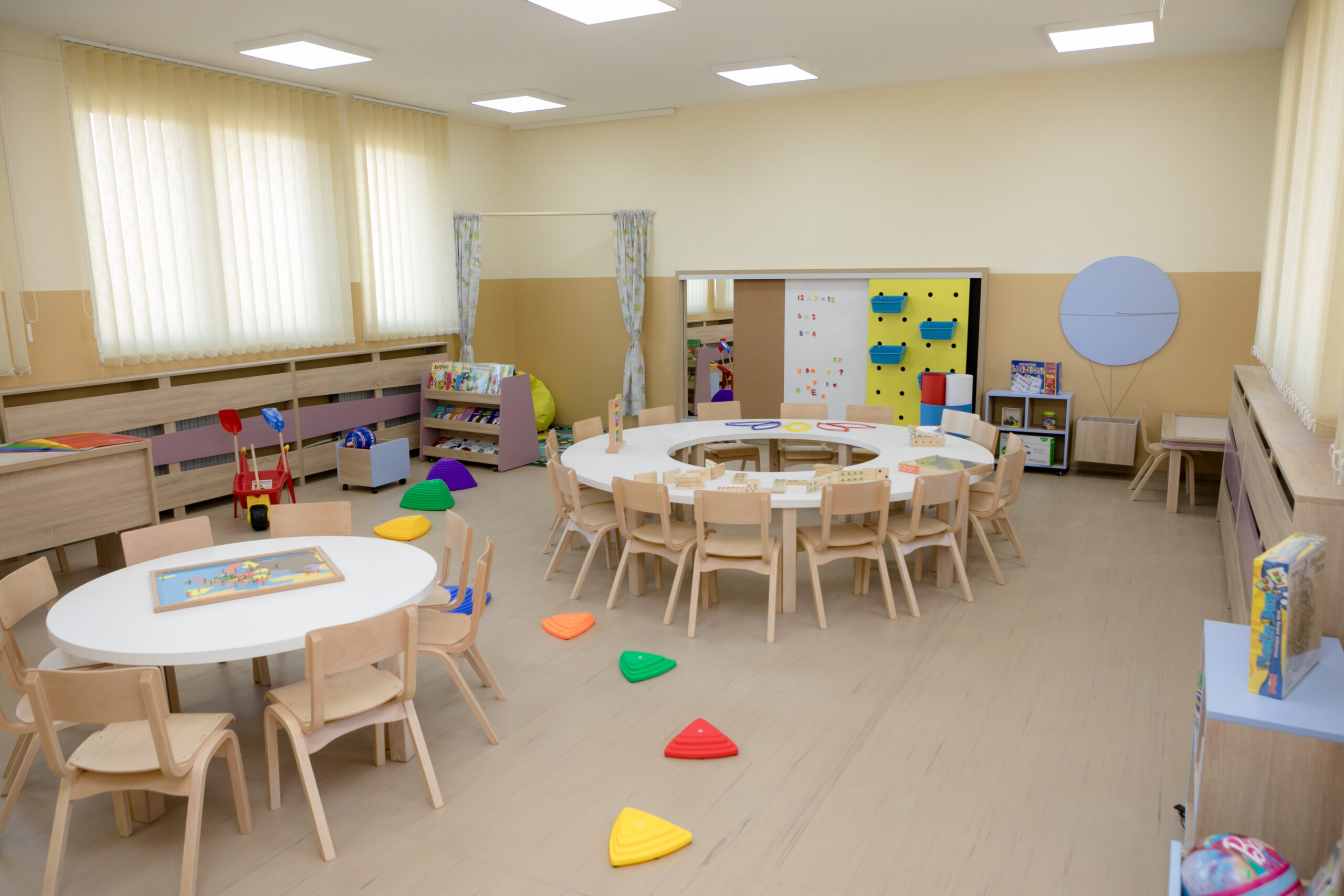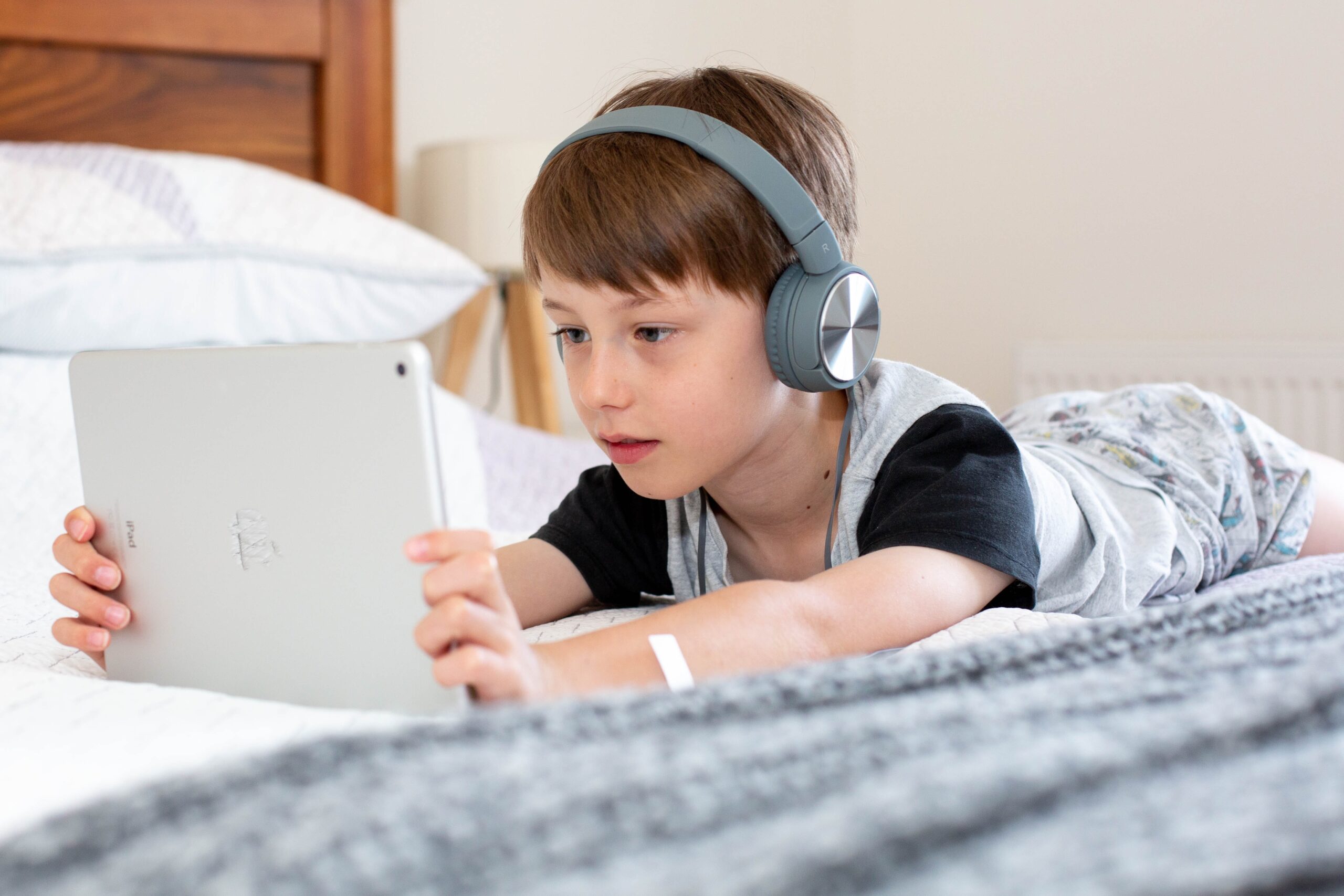In a very short time, audiobooks became very popular and broadly used, not just among adults, but also among children of all ages. Having in mind their growing expansion and their importance, especially in the world of children’s literature, we decided to embark on the world of contemporary narration and find out everything important about audiobooks for kids. We will try to resolve all potential dilemmas you might have and provide an answer to many important questions, one of them being – are audiobooks good for your children?
Does listening to audiobooks make it harder for children to learn to read?
One of the biggest dilemmas about audiobooks for kids is whether listening to them passively can have a negative effect and slow down the ability of children to learn to read. The response is very simple – no. Quite the contrary in fact.
Whether your children are in the process of mastering the skill of reading, or already passionate readers, or if it is difficult to make them finish a book, audiobooks can have surprising benefits for them, and one of them is certainly a positive influence on their ability to read properly.
Actually, experts claim that listening to audiobooks encourages the development of four important language systems: phonological, semantic, syntactic and pragmatic. Why is that?
First of all, by listening to audiobooks, children have the opportunity to encounter books and stories which are above their current reading level. So for example, the reading abilities of your child may be in the first grade, but with the help of audiobooks, the child can access books with far more complex themes and vocabulary. It is specifically that advanced vocabulary and way of expression that can have multiple benefits for your children and their reading abilities. Listening to this type of book helps not only with learning new words – which the child might not encounter during conventional reading – but also helps develop critical thought and listening, as well as a far more advanced level of understanding of content.
These and similar claims were confirmed by research carried out by the National Literacy Trust, which compared conventional reading to the listening to audiobooks, and their influence on the development of literacy in children. Namely, a series of experiments showed that listening to audiobooks did not lead to passivity at all, but actually required the same level of cognitive ability as classic reading.
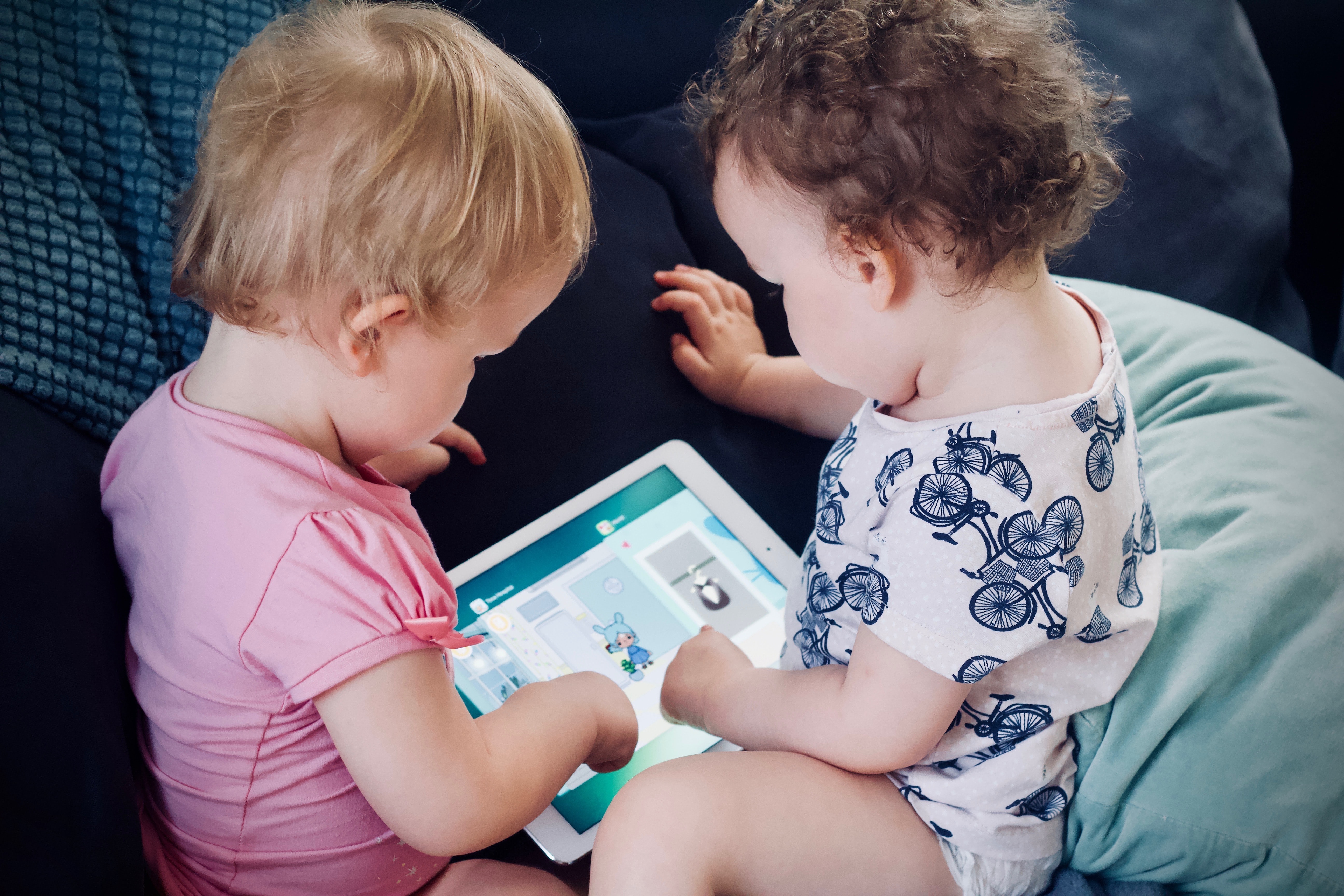
One of the biggest dilemmas about audiobooks for kids is whether listening to them passively can have a negative effect and slow down the ability of children to learn to read. The response is very simple – no.
Listening to a narrator unleashes imagination and emotions in children
Listening to a story, more so than reading, allows them to connect with the story and the narrator. A lot of research has shown that listening to a human voice leads to exhibiting much stronger emotional reactions to the content of the story, than reading a book or even watching a film do. All this led many experts to conclude that audiobooks for kids can contribute to the development of emotional intelligence in children.
One of the reasons for that is the fact that by listening to audiobooks, children can focus on the meaning and on understanding the plot itself. When they read classical works, children, particularly at an early age, often focus all their energy and attention on properly reading and pronouncing the written words, which often prevents them from focusing on the essence of the plot. On the other hand, audiobooks create an emotional connection between the child and the narrator and motivate them to keep listening.
Speaking about this phenomenon, pediatrician Michael Rich underscored another important characteristic of audiobooks. According to his words, audiobooks unleash children’s imagination in a special way.
He explains that “as the child listens to the story, they can at the same time actively imagine the world the narrator is talking about, and can independently imagine characters and events the way they wish and understand.”
Multisensory reading can help children with reading difficulties
Although the mentioned benefits of audiobooks for kids are undoubtedly significant for every child, they especially contribute to children who have dyslexia or similar difficulties with reading and learning. When a child does not read at the same level as his peers, it often happens that the child becomes frustrated and sad, and creates animosity towards books and learning. Audiobooks, seemingly, can help them overcome these difficulties more easily.
What is especially emphasized as a very useful and efficient technique is the so-called simultaneous or multisensory reading. It involves simultaneously listening to a text in an audiobook and reading the same text in a traditional book. Listening to the words while looking at them on paper at the same time helps children make and understand the connection between sounds and symbols in their heads. Thanks to this, children with reading difficulties can become better at pronouncing words, faster at mastering sentences, as well as at understanding content.
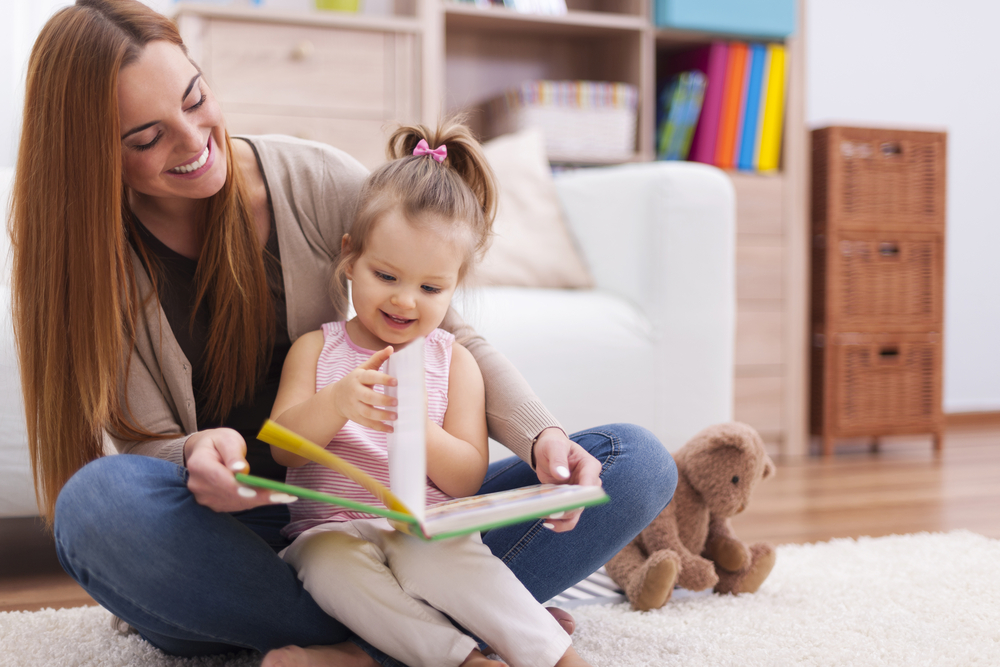
Audiobooks for kids will be boring to many children, complicated, slow, tiring, limiting to their curiosity, and need to constantly ask questions while reading, and so on. All of this is completely normal!
With audiobooks for kids, you can learn the art of story-telling
“Tell me a story!” Everybody has certainly been faced with this request countless times, which is almost impossible to refuse, having in mind who the requester is. And while many parents find the ancient art of storytelling a piece of cake, we believe that there are many parents among you don’t do well with storytelling, in a way, and they often do not feel comfortable and confident when they want to read or tell a story to their little ones. And that’s completely fine! Each of us is good at something, so don’t worry, because audiobooks are here to help you!
In addition to being able to give you a break from story-telling at the end of a hard day, they can also help you develop good storytelling skills. By listening together, you can get closer to and connect with your children, but also see which style of storytelling provokes the best reactions in them and what garners their attention. Also, after listening, you can and should always start a discussion about what you listened to together, and thus encourage your children to share their thoughts with you and encourage them to raise questions.
Let your children choose by themselves
As you can see, audiobooks can be incredibly useful to your little ones as well as to you. However, this does not mean that children should completely stop reading books in their traditional format. Exactly the opposite! They are, in a sense, irreplaceable and rightfully play a significant role in the development and growing-up process of children. As with everything, the use of audiobooks should be measured and wise. Every child is different, and that is why you should not expose and force your child to listen to audiobooks at all costs if they are simply not responding to them.
Audiobooks for kids will be boring to many children, complicated, slow, tiring, limiting to their curiosity, and need to constantly ask questions while reading, and so on. All of this is completely normal! And that is exactly why you have to allow your children to choose by themselves what works best for them. It is your responsibility as a parent to secure a variety of choices and recognize what they enjoy the most.
Just do not forget that what your children will remember more than the contents of any book is the quality time spent with you. It is up to you to decide whether this time is spent reading or listening to a book, talking or playing, or maybe in some entirely different way!

